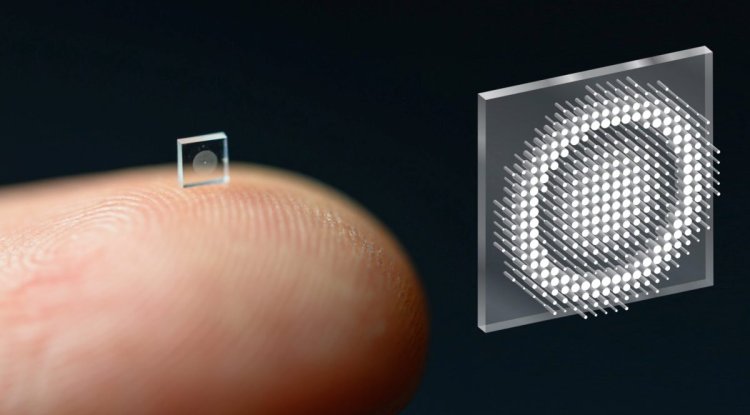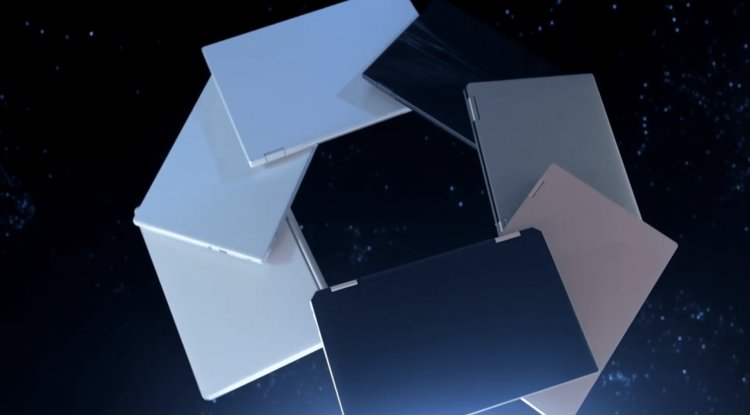Electric cars with triple battery capacity

Lithium and sulfur batteries have recently shown significant promise as a more environmentally responsible means to power electric vehicles, according to scientists. They do not rely on pricey and difficult-to-obtain raw minerals like cobalt. However, this technique has been plagued by stability concerns thus far. Engineers at Drexel University recently made a ground-breaking discovery that brings these batteries closer to commercialization by utilizing a rare chemical phase of sulfur that inhibits dangerous chemical interactions.
Lithium-sulfur batteries have enormous potential for energy storage, not only because there is adequate sulfur, but also because they can provide a significant gain in performance due to the ability to store several times more energy than today's lithium-ion batteries. Scientists, on the other hand, are continuously confronted with the difficulty of generating chemical compounds known as polysulfides. They enter the electrolyte during battery operation, where they trigger chemical reactions that harm the battery's capacity and life.
Scientists have already succeeded in substituting an ether electrolyte for the carbonate electrolyte, which does not react with polysulfides. However, because the ether electrolyte is exceedingly volatile and contains low-boiling components, the battery could fail soon or melt if it heats above room temperature. Chemical engineers at Drexel University are working on an alternative solution. They began by developing a novel cathode that can function with commercially available carbonate electrolytes.
This carbon nanofiber cathode has previously been shown to inhibit the migration of polysulfides in the ether electrolyte. However, it also has to be designed to function with carbonate electrolytes. Using a process known as vapor deposition, scientists attempted to encapsulate sulfur in a carbon nanofiber network to prevent harmful chemical reactions. It didn't have the desired effect, but it turned out that the sulfur crystallized in an unexpected fashion, forming a monoclinic (monoclinic) gamma phase of sulfur.
It is a slightly modified version of the element that was previously only created at high temperatures in the laboratory or detected in natural oil wells. Scientists benefit by not reacting with the carbonate electrolyte, as this eliminates the risk of polysulfide production. Previous research found that monoclinic sulfur was unstable at temperatures as high as 95 ° C. Researchers generated monoclinic gamma sulfur that was stable for a maximum of 20 to 30 minutes in previous investigations.
"However, we generated it in a cathode that went through thousands of charge and discharge cycles without diminishing power, and our research demonstrated that the chemical phase stayed the same a year later," said Rahul Pai, co-author of the study. During annual testing and after 4,000 charge and discharge cycles, the cathode remained stable, which scientists estimate corresponds to 10 years of normal use. The team's prototype battery had three times the capacity of a normal lithium-ion battery. The findings were reported in the journal Nature Communications Chemistry.





































